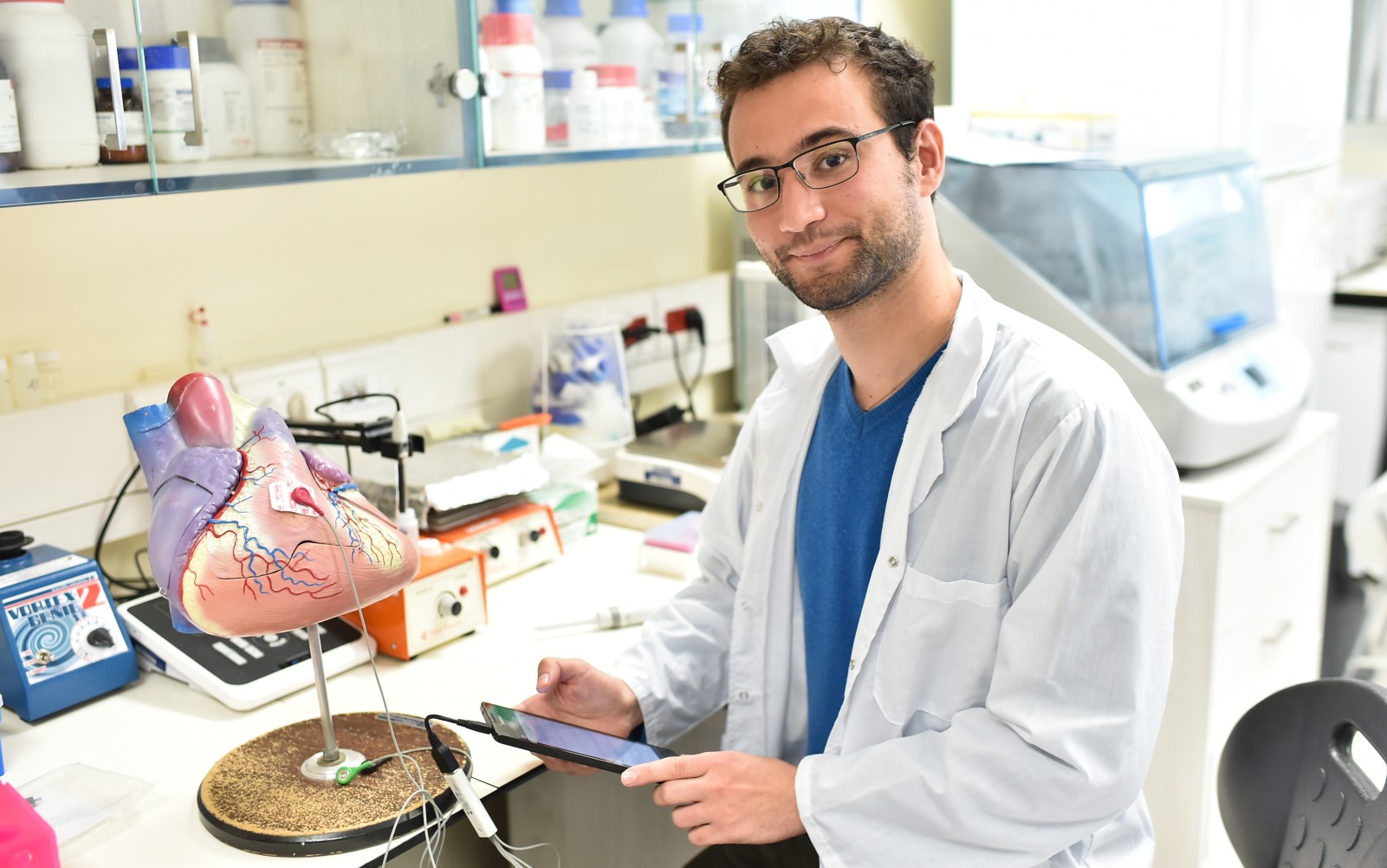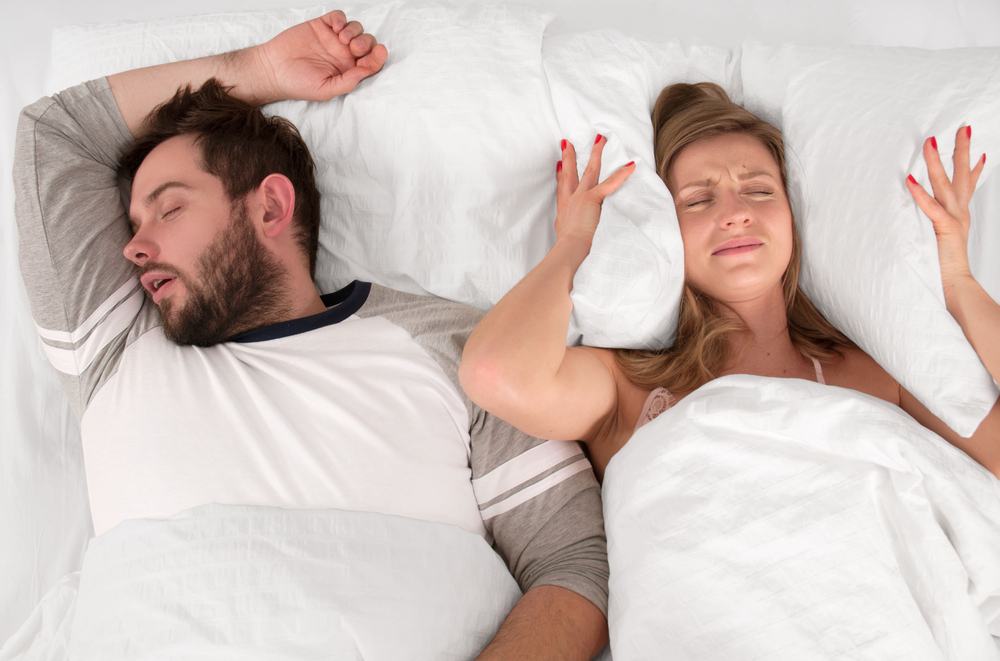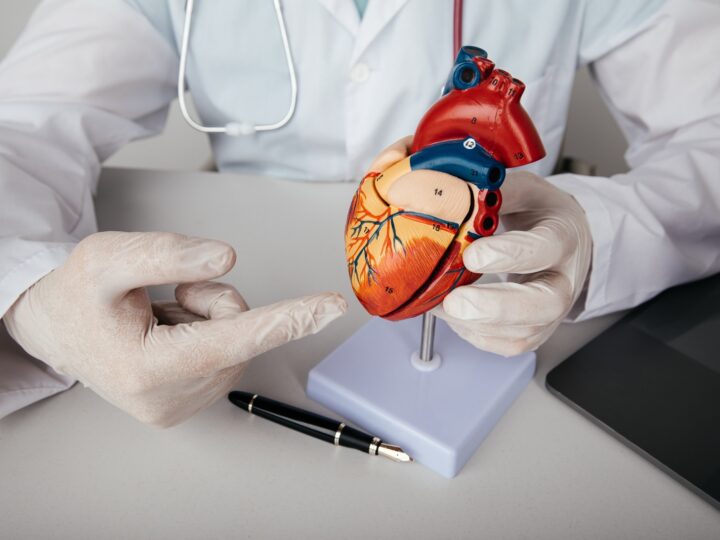Sleep apnea is a big problem, and not only because those suffering from it keep their loved ones up at night with their snoring.
Obstructive sleep apnea is characterized by halts in breathing during the night and by lower oxygen levels. It causes fatigue and sleepiness during the day, and also increases the risk of developing diabetes and cardiovascular disease.
It affects more than one in five adults, particularly men and people who are overweight, and while it can be treated quite effectively, many sufferers remain undiagnosed.
This is the problem that an international team led by the Technion – Israel Institute of Technology wished to resolve. Their work, recently published in EClinicalMedicine, resulted in an artificial intelligence-based technology that detects sleep apnea.
The technology that the Techion’s Dr. Joachim Behar and his team developed is based on data from 887 subjects from the general adult population in Sao Paulo, Brazil. The technology received this data and, using artificial intelligence, succeeded in differentiating between obstructive sleep apnea sufferers and those who do not have it.

The diagnosis was made by integrating biomarkers from the patients that include oxygen saturation (pulse oximetry) during sleep, demographic information such as age, height, and weight and neck dimension.
To date, diagnosis of obstructive sleep apnea was diagnosed either in sleep labs or with home monitoring equipment, two methods that are costly and not easily accessible to the population at risk. Another diagnostic method is based on questionnaires, but these are not accurate enough.
The AI system was able to identify all important clinical cases of medium or severe obstructive sleep apnea. Standardized sleep apnea diagnosis questionnaires, by comparison, missed more than 15 percent of severe cases. The use of pulse oximetry detected all severe cases, but failed to identify some of the medium cases.
The researchers’ model, called OxyDOSA, is already available for research.
“The model we developed is a reliable and effective tool for identifying sleep apnea in large populations,” says Behar. “In the future, with the development of a suitable mobile application, the model will make it possible for anyone with a smartwatch or bracelet that includes an oximeter to perform an accurate self-examination.”

















